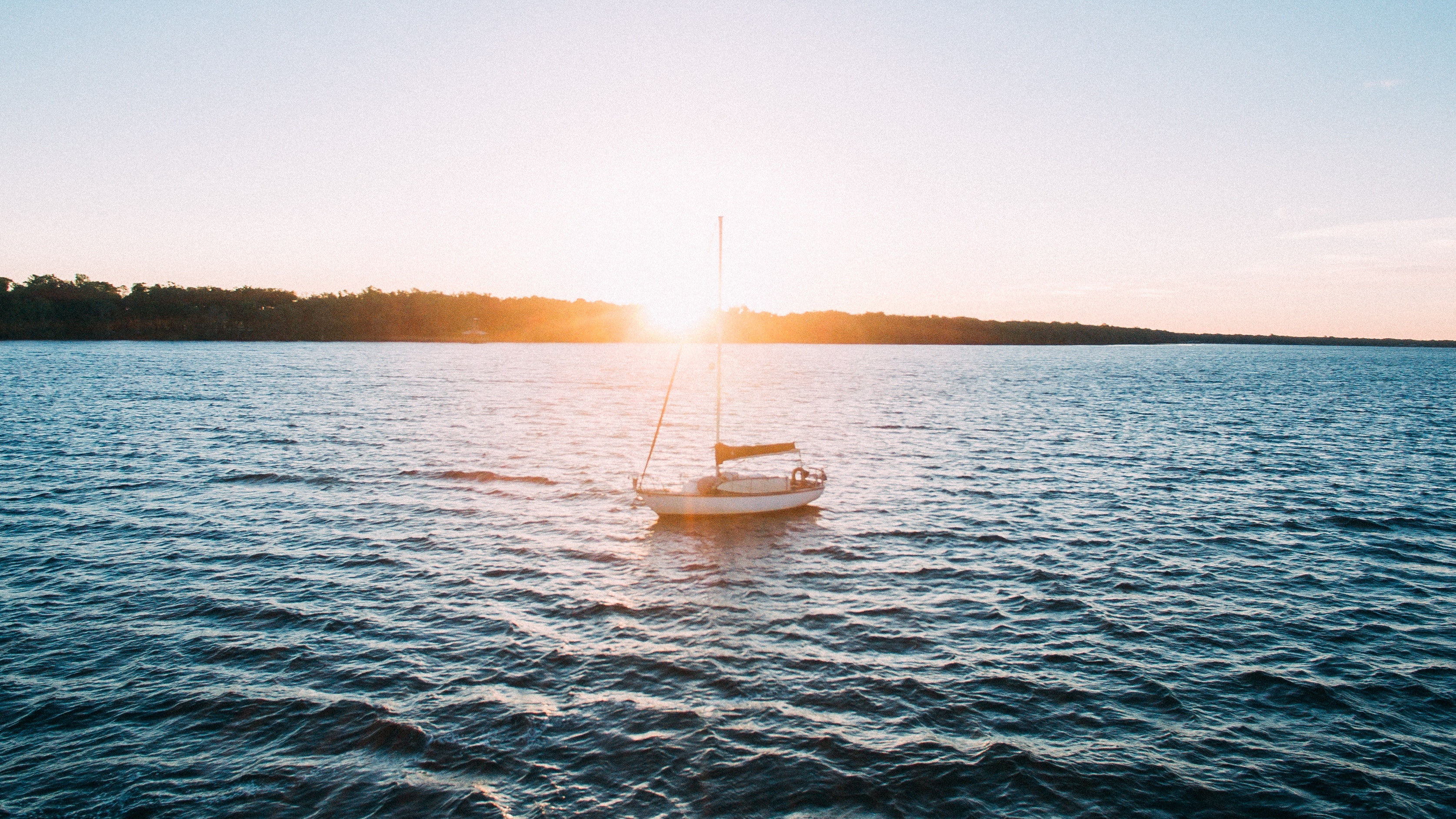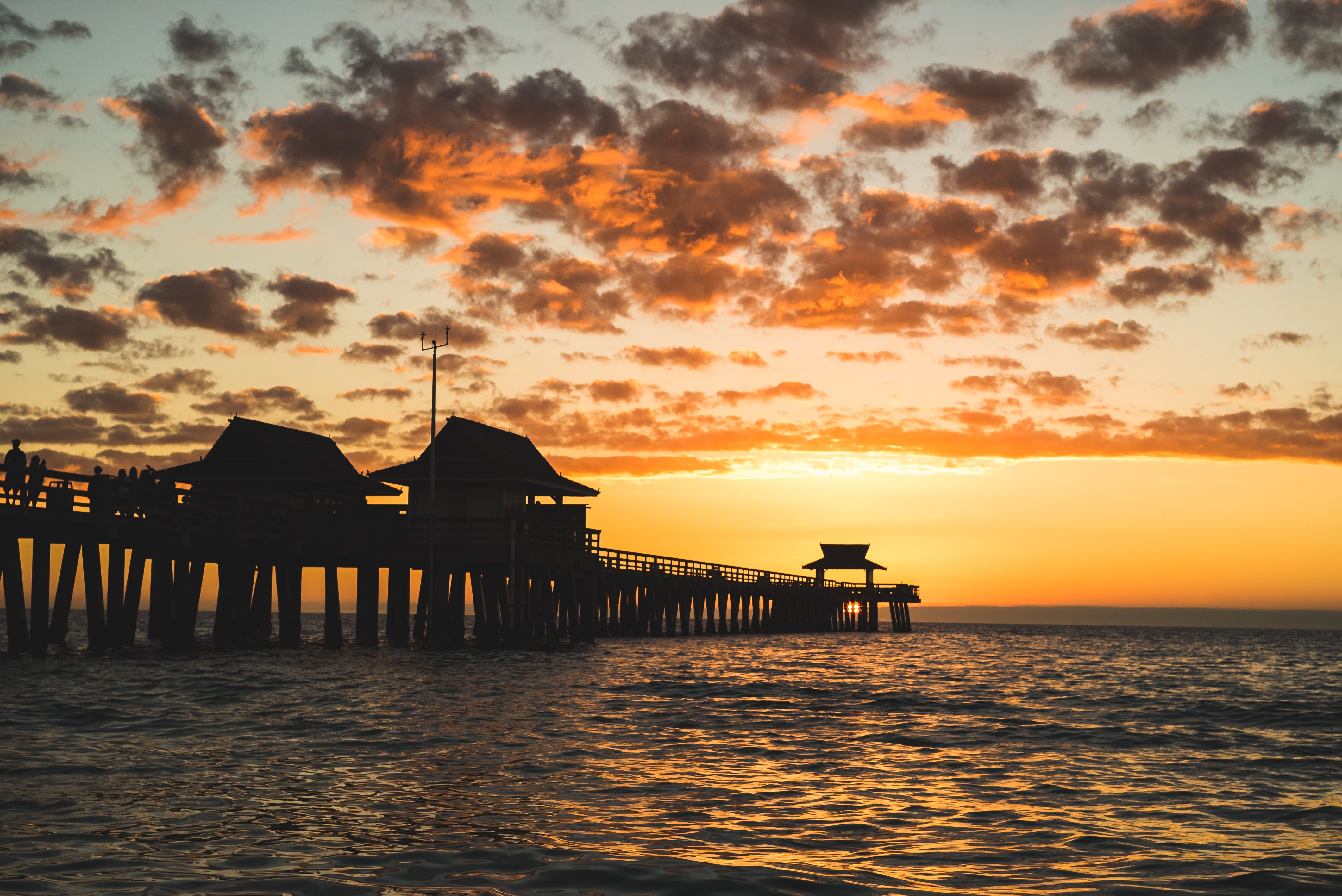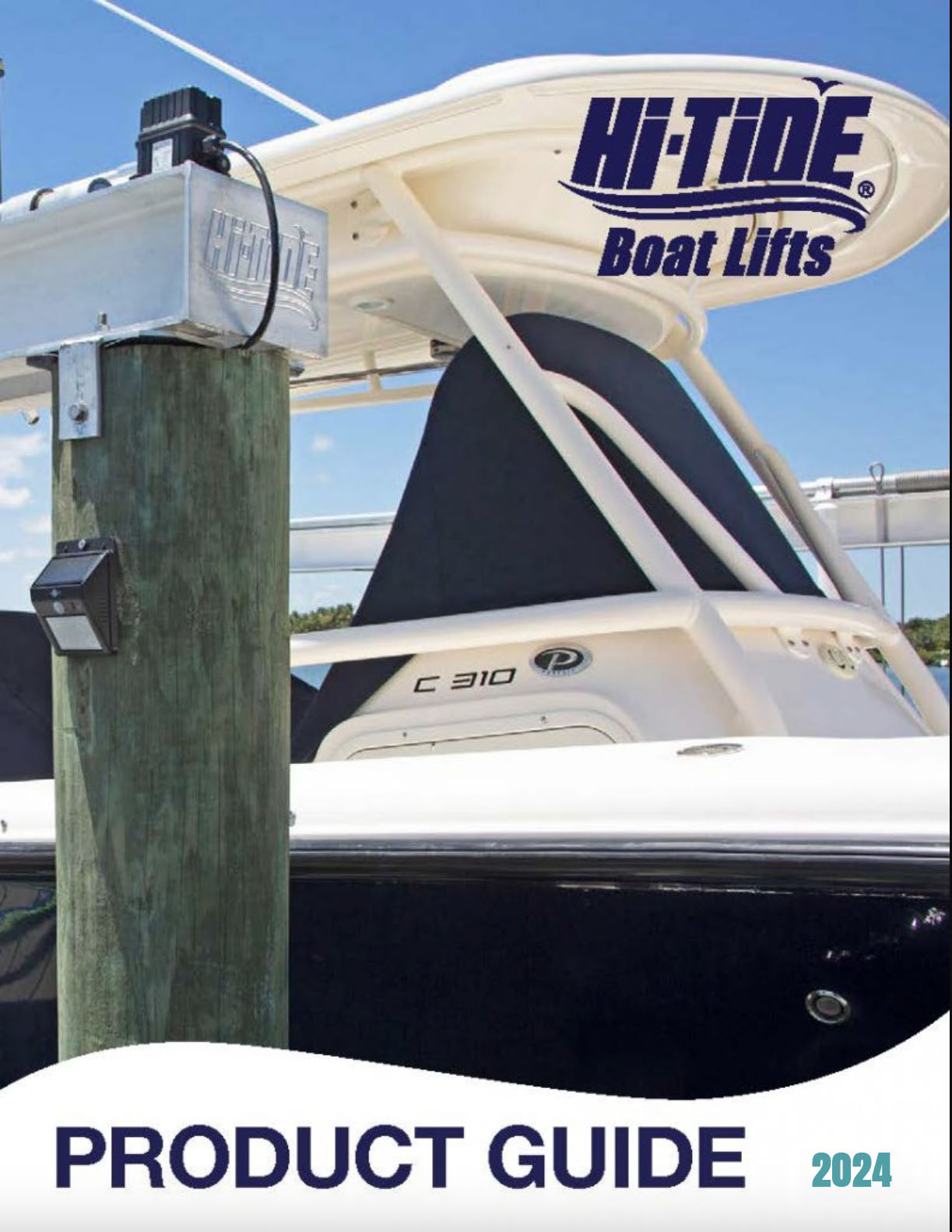Easy Steps to Eco-Friendly Boating

Boating is often linked to an appreciation for the great outdoors. Many boaters and anglers happen to also be avid outdoorsmen and women who understand just how important our environment is to protecting our pastime. Though it’s morally right to protect the plants and animals we share the waterways with, it also helps ensure that our kids and grandkids can enjoy the water just as much as we have. That’s where eco-friendly boating techniques come in.
Though some of the more pessimistic out there may scoff and turn their noses up to anything with the “eco-friendly” label as just some kind of crunchy hippie buzzword without much substance, eco-friendly boating is something everyone can (and should) incorporate as responsible boaters. Here are a few easy ways you can start to protect our waterways for years to come.
Eco-Friendly Boating Tips Worth Remembering
- Motor Maintenance: Not only will a well-running motor save you money on gas, but it can also help keep you from spilling pollutants into our waterways. Oil and gasoline can be extremely harmful to the ecosystem, so ensuring your motor is tip-top and leak-free before hitting the water is a great idea.
- No Littering: One of the most frustrating and completely preventable environmental dangers boaters cause is littering. Tossing cans, plastic and other non-biodegradable materials into the water can harm or kill creatures along the entire food chain. Simply keep a garbage bag onboard and dispose of your trash responsibly, and have a zero-tolerance policy for litterbug boaters and passengers.
- Heed the Signs: Do your best to follow cautionary signs posted on your waterway, including low-wake zones and wildlife warnings. Ignoring these signs could destroy important seagrasses, oyster beds or even result in you injuring protected sea life.
- Ditch Diesel: Though diesel motors are still the standard for many boat companies, emerging electric or hybrid options could both reduce or eliminate your gas costs while also reducing the risks of pollution.
By keeping your motor tip-top, refusing to litter, watching for cautionary signs and finding an alternative to diesel-powered motors, you could safeguard our waterways for generations of boaters to come. Together, we can protect the plant and animal life that make our waterways so beautiful in the first place, all while still having fun on the water with these eco-friendly boating tips.


